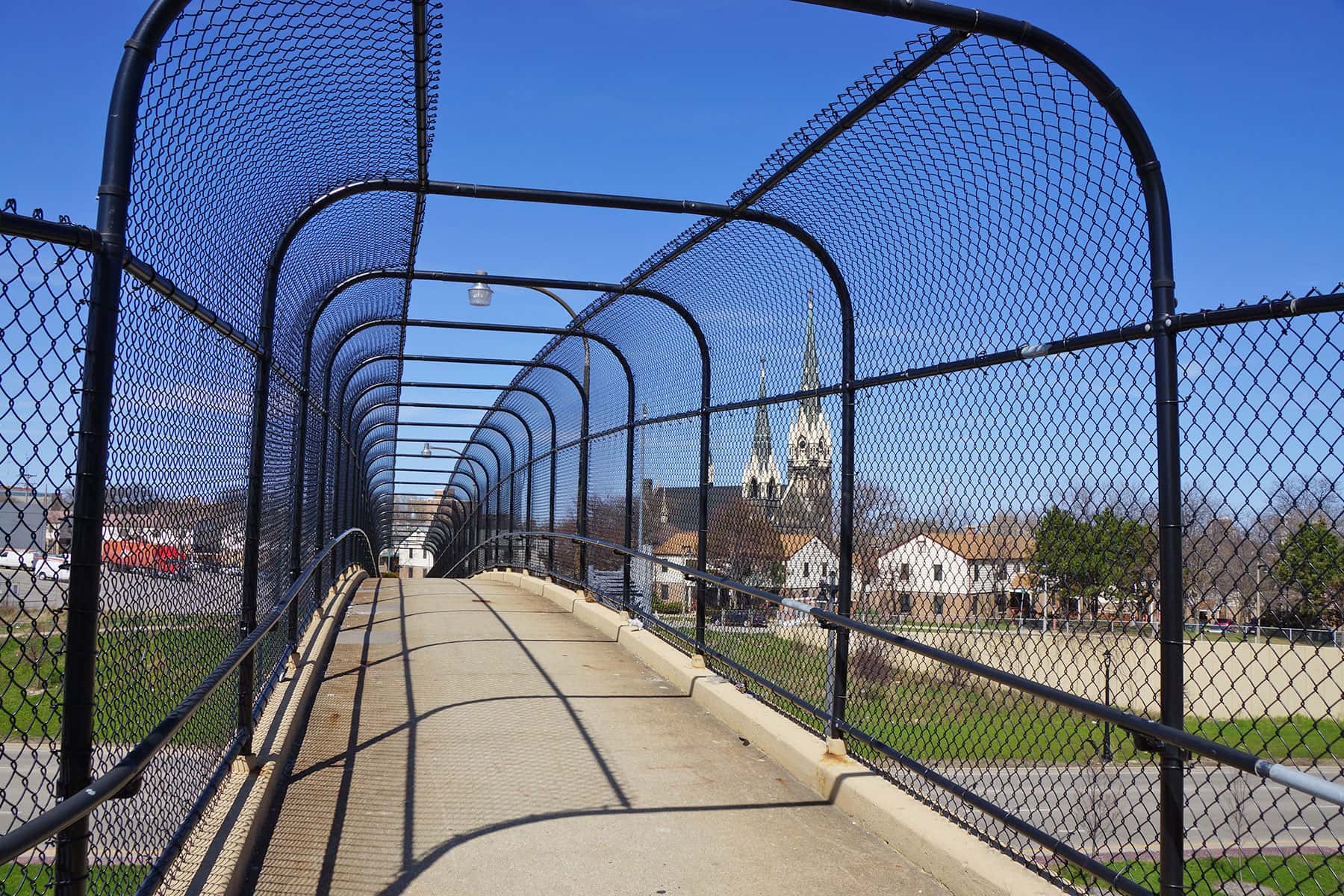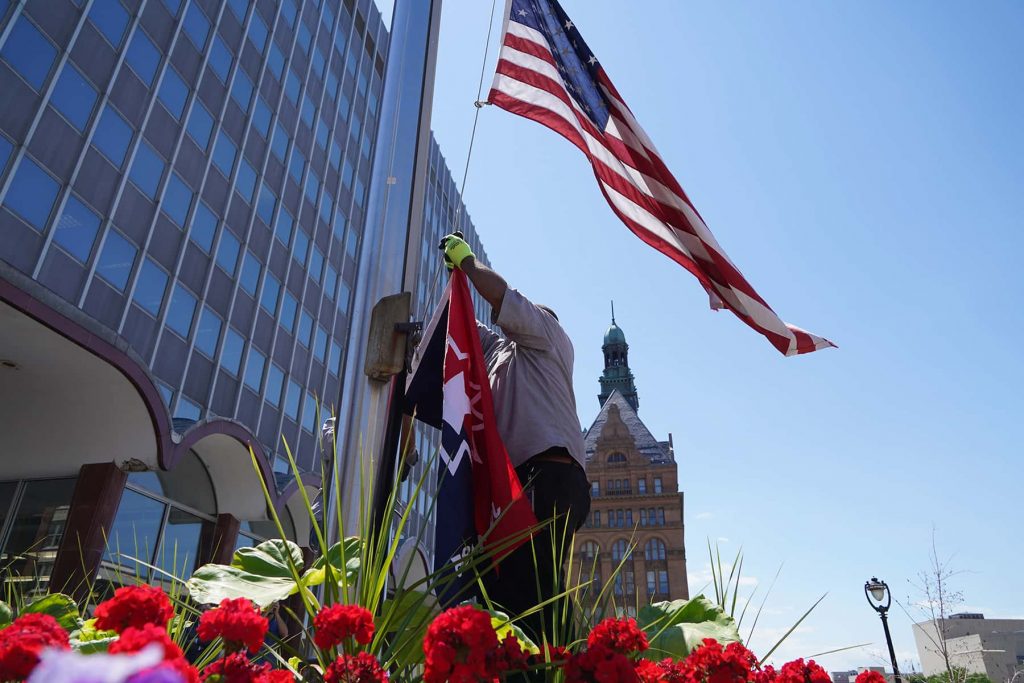
The City of Milwaukee Health Department (MHD), city officials including Mayor Tom Barrett and Council President Ashanti Hamilton, and public health advocates and partners released Milwaukee’s “Blueprint for Peace” on November 17.
The plan is a comprehensive, community-driven agenda for addressing the complex factors that drive violence. It calls for support for existing programs, along with new strategies to support safe, healthy neighborhoods.
“Milwaukee has no shortage of incredible agencies and individuals who are working tirelessly to promote safety and prevent violence,” said Commissioner of Health Bevan K. Baker. “But we all agree that we can and must do more, together. Using a public health approach, which looks far and wide to find comprehensive solutions, Milwaukee’s Blueprint for Peace builds on our community’s assets, unites great agencies already doing this work, and applies data and science to identify effective solutions.”
Developed through a 10-month planning process facilitated by the MHD’s Office of Violence Prevention and funded through a generous grant from the Advancing a Healthier Wisconsin Endowment at the Medical College of Wisconsin, Milwaukee’s Blueprint calls for collaborative action around 6 goals and 30 strategies.
“Violence is preventable, but there is no single or simple solution,” said Reggie Moore, Director of the City of Milwaukee Health Department Office of Violence Prevention. “Working with residents, partners, and stakeholders, Milwaukee’s Blueprint for Peace calls for efforts to immediately interrupt conflicts alongside strategic and long-term investments to support youth, families, and neighborhoods most impacted by violence.”
Responding to Mayor Tom Barrett and city leaders’ calls for a comprehensive, public health approach to prevention, the Blueprint was shaped by more than 1,500 individuals, elevating the voices of youth, residents, and leaders in calling for unified and aligned efforts.
“Every act of violence has an impact that stretches beyond the victim, impacting families, neighborhoods, and the safety, security, health, educational and economic success of everyone in our city,” said Mayor Tom Barrett. “But just as it impacts us all, preventing violence requires every one of us – parents, young people, schools, businesses, hospitals, faith institutions, and more – to work together. Thank you to all who have helped develop a united agenda for prevention. Now, our work accelerates.”
City of Milwaukee Health Department
Lee Matz














